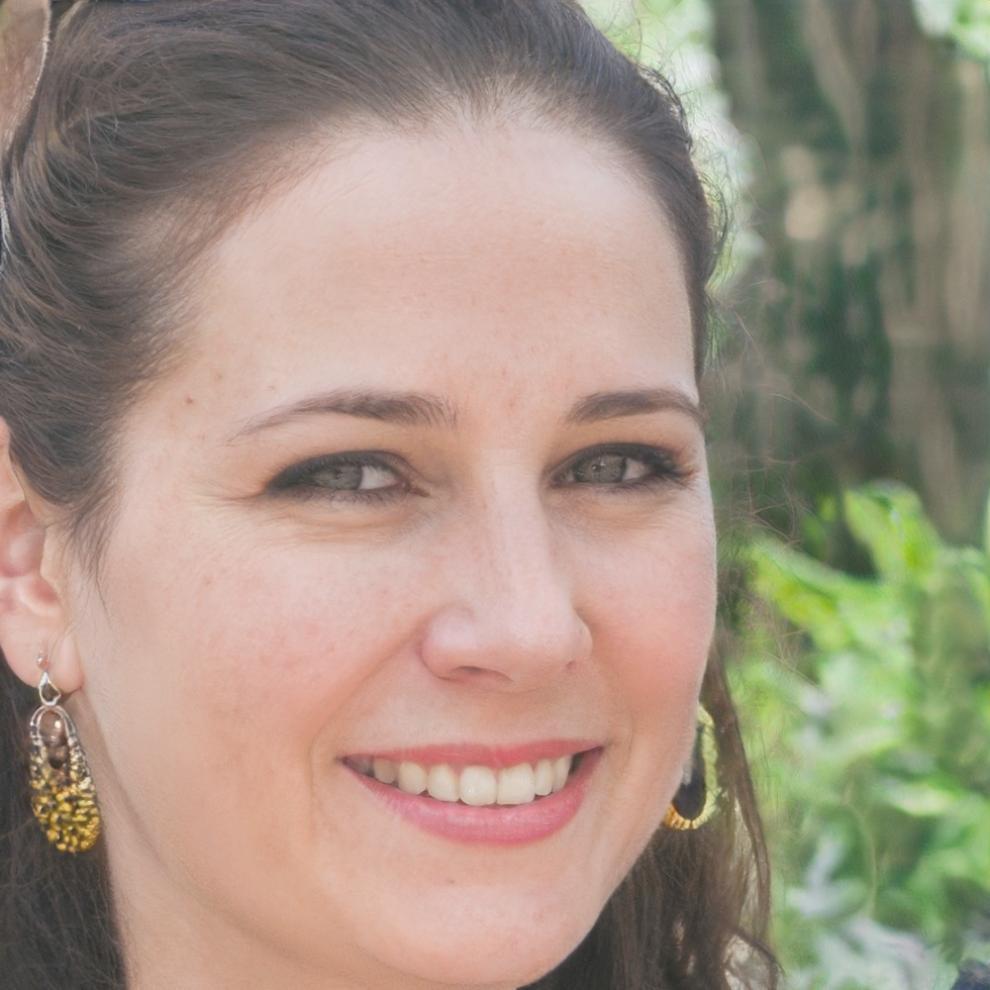Setting Financial Learning Expectations
Building money management skills takes patience, practice, and realistic timeline planning. Here's what to expect before you begin your financial education journey.
Your Learning Timeline
Financial literacy develops gradually. Most students need 8-12 months to build confidence with basic concepts, then another 6-9 months to apply advanced strategies effectively.
Understanding Basics
You'll start with budgeting fundamentals, expense tracking, and basic saving concepts. Many students find the first few weeks challenging as they adjust their spending habits.
Months 1-3Building Habits
Practice implementing what you've learned with real financial decisions. This phase requires consistent daily attention and regular review of your progress.
Months 4-8Advanced Planning
Develop long-term financial strategies and investment understanding. Students typically feel comfortable making independent financial decisions by this stage.
Months 9-12Effort Requirements & Success Factors
Financial education isn't passive learning. Success depends on consistent practice and honest self-assessment of your current money habits.
Time Investment Needed
Daily practice with budgeting tools
15-20 minutes reviewing expenses and tracking spending
Weekly financial planning sessions
1-2 hours analyzing patterns and adjusting budgets
Monthly goal review meetings
30-45 minutes with accountability partner or mentor
Ongoing education commitment
2-3 hours weekly reading or course participation
Common Challenges
Breaking established spending patterns
Most students struggle with impulse purchases for 2-3 months
Maintaining consistent tracking habits
Daily expense recording feels tedious initially
Balancing wants versus needs
Requires honest evaluation of current lifestyle choices
Family or partner resistance to changes
Household financial changes affect everyone involved

Sarah Chen
Lead Financial Educator
Background & Approach
Sarah spent six years as a personal banking advisor before transitioning to financial education in 2019. She focuses on practical application rather than theoretical knowledge, helping students build sustainable money management systems that work with their actual lifestyles and income levels.